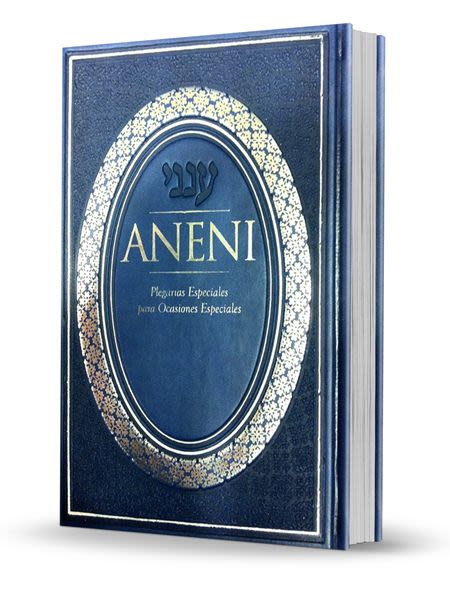
The Secret of Israeli Independence Day
Is there any significance that Israeli Independence Day is on 5-Iyar? YES, says the Vilna Gaon! This date is closely tied to Mashiach and the Final Redemption. Let's not pass up this golden opportunity to pray especially hard for both!

I once read that the Vilna Gaon said that the 20th and 42nd days of the Omer Count were special days, spiritual windows of opportunity with respect to the redemption of the Jewish people. Even the middot hayom (character trait for the day), Yesod sh’b’Tifferet (Foundation within Harmony) and Malchut she’b’Yesod (Kingship within Foundation) respectively, suggest this as well.
As such, they are good days to pray extra hard for the arrival of Mashiach and the Final Redemption. These two days, more than the other 365 days of the year, are good opportunities to give thanks to God that we are still here as a people, and living on our land once again. Neither is a small miracle.
What redemption-yearning person would want to pass up such an opportunity? What Jew who prays for redemption at least three times every day in his Shemonah Esrei would not want to take advantage of such a unique window to geulah shlaimah?
Yet each year, we shut the window of spiritual opportunity on these two days of the Omer. For decades now, the 20th and 42nd day of the Omer have come and gone and many redemption-oriented Jews did little to use them to further the cause of redemption.
What are these two days?
The 20th day of the Omer is Yom HaAtzmaut, Israel Independence Day, and the 42nd day is Yom Yerushalayim, Jerusalem Day.
Each year, instead of taking advantage of the opportunity of these redemption-oriented days of the Omer, we often ignore them at best. We miss the entire point of what these two days represent.
Should we be surprised? Not at all. It is a classic situation, albeit Kabbalistic. We are watching ancient forces at play here, scenarios as old as man himself. The only surprising thing is that after thousands of years of experience, we are no better at dealing with them than before.
The concept, as mentioned in Sha’ar HaGilgulim, is “mirmah utachbolet”, which means “trickery and scheming.” It is a tactic used, historically, by the Sitra Achra (Satan), and quite surprisingly, by G-d Himself.
First, the Sitra Achra. The Sitra Achra does not like redemption or anything to do with it. Redemption means Mashiach and the perfection of mankind. It means the end of the yetzer hara, and therefore, of the Sitra Achra. Therefore, the Sitra Achra hates redemption.
But he is a clever angel. He must be to make free will relevant to man. Though he can get some people to rush headlong into sin, others he cannot. They are too smart, too moral. If he wants them to miss a spiritual opportunity, he must be clever about it. He must make them believe that the wrong thing they are doing is really the right thing.
If the “road to hell is paved with good intentions,” it is because the Sitra Achra is the contractor. He’s the one who takes advantage of people’s spiritual shortcomings and blindness to trick them into sinning when they otherwise might not sin.
Right back at him though. G-d is no stranger to mirmah utachbolet. He is the One who arranged for Avraham to be born to Terach, an idol worshiper. He did it to fool the Sitra Achra into believing that no one important was being born.
He also set it up that Ruth would be born from Moav, a nation that began with an incestuous relationship. “How could anything to do with the holy Mashiach,” the Sitra Achra must have mused at the time, “come from such an unholy relationship?”
To his surprise, it did anyhow.
It was also G-d who made Dovid HaMelech’s beginning so spiritually murky. Though it made the ancestor of Mashiach’s life exceedingly difficult, it made the path to Mashiach very possible, even inevitable. We do not even know how many times such things have happened throughout history along the long journey to Mashiach and the Final Redemption.
It never ceases to amaze how many places it shows up, and what it hides from those of us who fail to think the situation to its logical, and sometimes, Kabbalistic end.
The 20th day of the Omer is here again, and many people who could use the opportunity to push for the Final Redemption will miss the opportunity.
Let us not be fooled again by the Sitra Achra. Let us fool HIM when we push away distractions of celebration and instead, pray for Redemption with mercy on such an auspicious day.
***
Pinchas Winston is the author of over 95 books on various topics that deal with current issues from a traditional Jewish perspective. He has also written on the weekly Torah reading since 1993, called “Perceptions”, as well as on current topics and trends affecting Jewish history, past and present. One of his missions is to make the depth and beauty of the more mystical teachings of Torah understandable and accessible to those who can really benefit from them. Visit his website at thirtysix.org.











5/08/2022
What an amazing article!
It’s so easy to get distracted by the BBQs, the parades and fly-overs, and the fireworks that we miss the deeper meaning of what happened.
A wonderful way to celebrate Independence Day is to focus on prayer for a merciful redemption and unity among us.